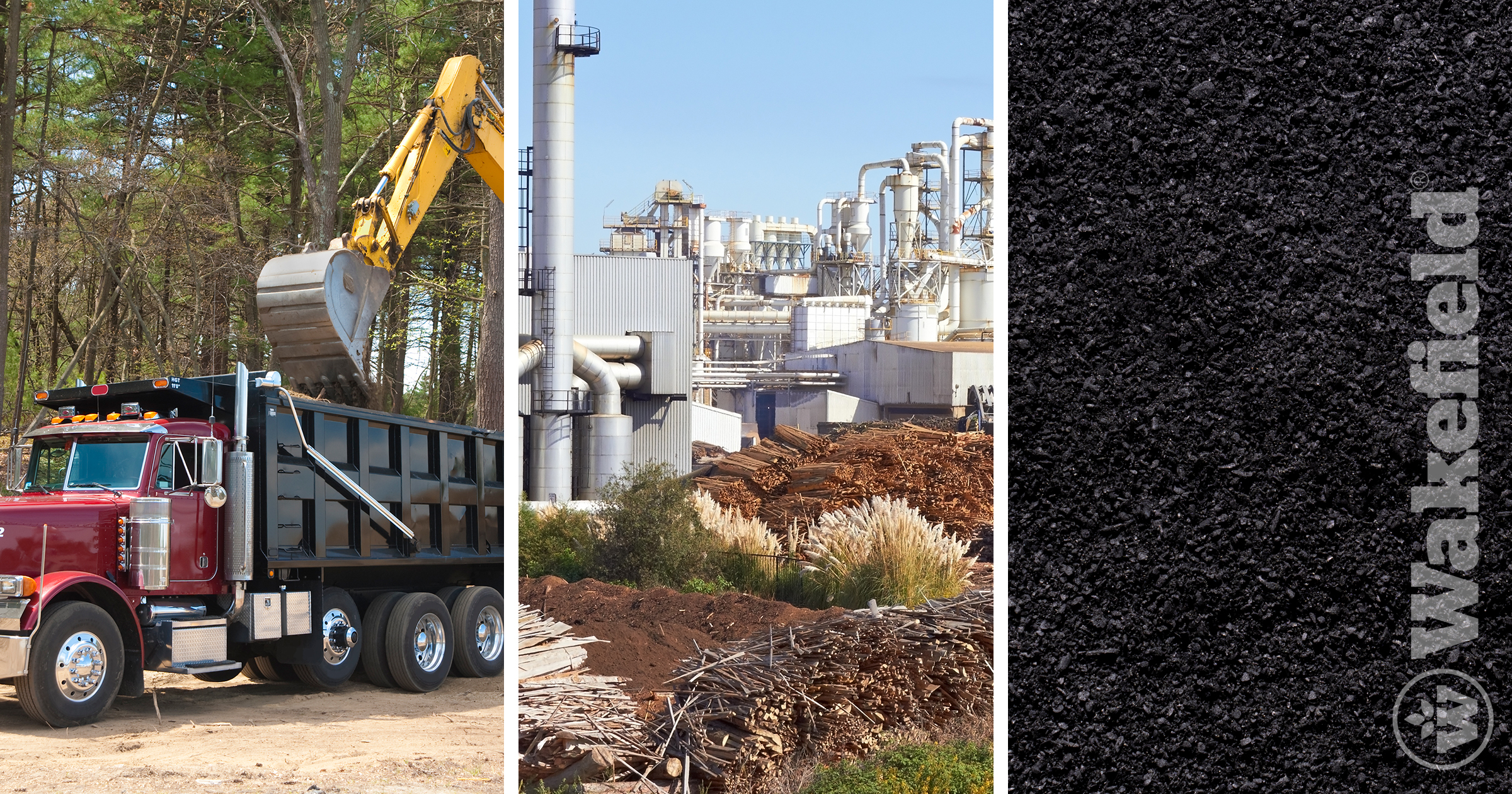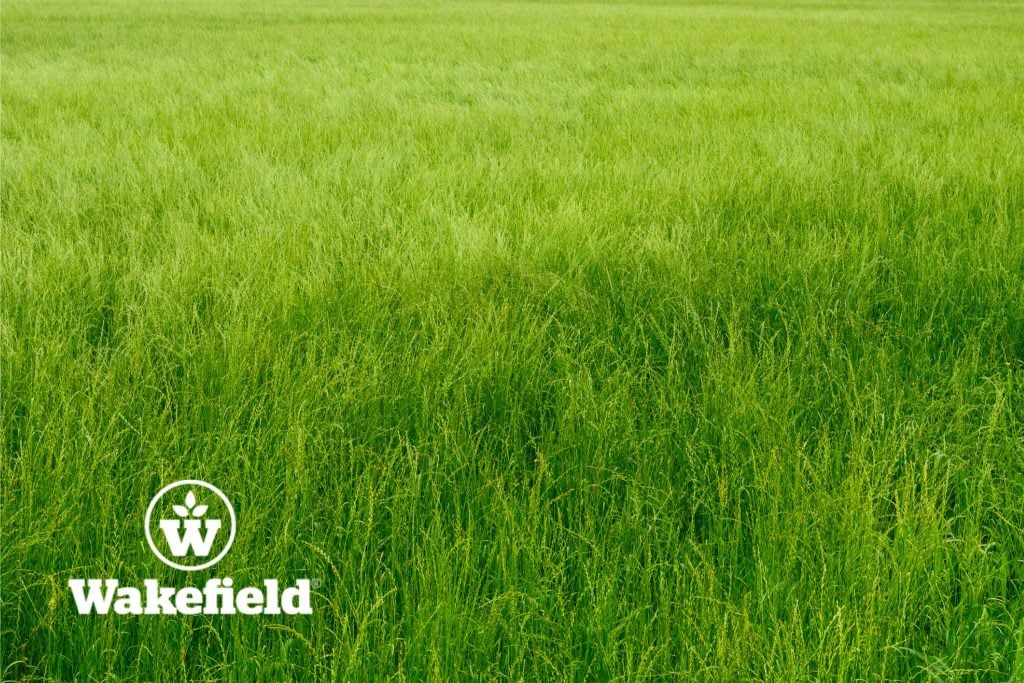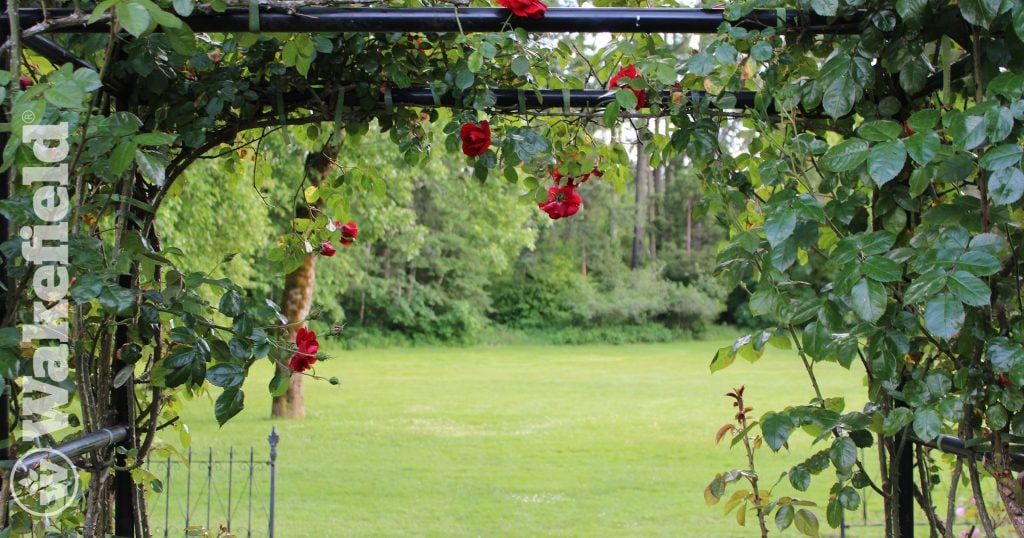Mill Services Division

In the quest for a healthier planet, companies can turn waste materials or byproducts into valuable resources. The Environmental Protection Agency (EPA) calls this process “beneficial reuse.” It’s about transforming potential waste into something useful. This approach not only supports a healthier environment but also strengthens the economy and boosts profitability for businesses.
Wakefield BioChar: Your Partner in Beneficial Reuse
At Wakefield BioChar, we specialize in the beneficial reuse of biomass and mill byproducts. Our mission is to help large mills meet and exceed their sustainability goals while cutting down on operating costs. With decades of experience managing biomass waste from paper mills, we seamlessly integrate into mill operations to boost profitability and eliminate environmental concerns related to waste.
Our Key Services for Mill Services
1. Inside The Gate
We manage the beneficial reuse of wood ash, lime mud, and wood-fiber sludge through off-take agreements.
2. Zero Landfill Program
Our program utilizes pyrolysis and gasification to eliminate on-site landfill waste from biomass and plastics. We also generate renewable energy that feeds directly into mill operations and convert mill waste into biochar for land applications and other revenue-generating products.
3. Mill Land & Road Maintenance
We handle industrial landscaping, maintain fields and roads, and ensure ponds and piping are in top shape to support mill operations.
Why Beneficial Reuse Matters
Beneficial reuse is rapidly becoming a top priority for large manufacturers. Waste disposal practices have evolved, and mills are now responsible for managing all materials used in manufacturing. Ignoring the potential for environmental contamination from biomass waste is no longer an option.
Wakefield BioChar offers innovative beneficial reuse methods that genuinely partner with large mills. We repurpose biomass waste material for use in other industries through our Soil Health and Advanced Materials divisions.
Beneficial Reuse in Wakefield BioChar Soil Health Products
We take raw materials from mill waste production and repurpose them into soil conditioners distributed through our Soil Health division. Whether you’re a backyard gardener or a large-scale farmer, our organic soil inputs offer tremendous benefits. This process is a critical step in the circular economy, and we’re proud to help both businesses and consumers create better soil for a better world.








